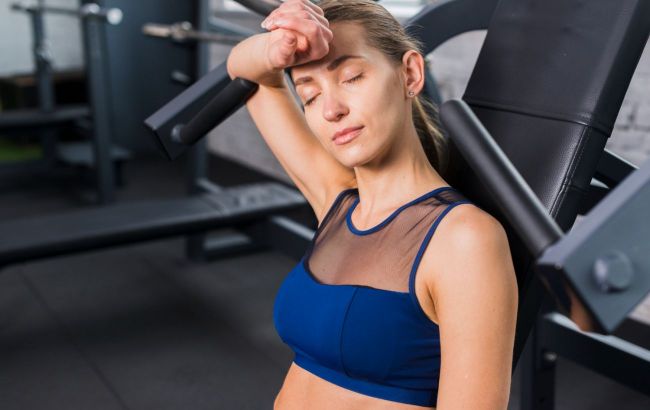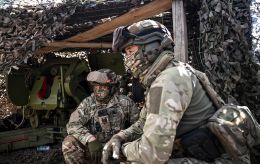5 important reasons why person does not sweat during exercise
 Why a person does not sweat during exercise (photo: Freepik)
Why a person does not sweat during exercise (photo: Freepik)
Lack of sweating during exercise can signal problems with the body. There are several reasons for this unusual condition, according to the Livestrong website.
Family doctor Eric Ascher explained that without sweating, the body cannot reach a stable temperature and may overheat. In some situations, this can lead to heat exhaustion.
He also listed several reasons why you might not sweat during exercise.
Not exerting enough effort
Dermatologist Heidi Prather explained that the intensity of physical activity directly affects the metabolic rate, heart rate, and heat release.
A complete lack of sweating is unusual and dangerous. Some people tend to sweat more than others, even when performing the same activity.
Environment
Most people sweat more in warm, humid environments and less in cold, dry environments. This is due to the physics of ambient temperature exceeding body temperature.
Not sweating during a workout in February is less concerning than not sweating under the August sun.
You are dehydrated
Dehydration is a common cause of lack of sweating during exercise, especially in summer.
This happens when your body does not have enough water to perform normal functions. You can easily become dehydrated when working or exercising in hot weather and not drinking enough fluids to compensate for the loss through sweating.
Persistent vomiting and diarrhea can also dehydrate you.
Signs of dehydration include thirst, weakness, and confusion.
Medications
Many other medications can cause dehydration, including those commonly used for lowering blood pressure, allergies, and pain.
Skin condition
Skin burns (including those from radiation therapy), injuries, infections, and even bug bites can lead to anhidrosis during exercise, as can conditions that clog pores, such as psoriasis.
The body has about 2.6 million sweat glands all over the skin. When the body starts to heat up (from exercise or other reasons), the nervous system signals these glands to start sweating.
How to exercise safely without sweating
People with anhidrosis are unlikely to have problems if they follow the right exercise guidelines:
- stay hydrated. Proper hydration is crucial no matter when and where you exercise
- avoid activities that put you at risk because you cannot cool your body, and wear loose clothing
- avoid prolonged exposure to direct sunlight or heat
- avoid extreme temperatures and alcohol consumption
Sweating is indeed an important part of staying safe, especially if you live in a hot climate or are a very active person.
When to visit a doctor
You should see a doctor if you notice any changes in your body's sweating, especially if you don't sweat even during a good workout.
You should also see a doctor if you have symptoms of heat stroke, which occurs when your body reaches a high temperature.
In addition to a high body temperature, signs may include hot, red, or dry skin and loss of consciousness. Seek medical attention immediately at the first signs of heat stroke.
We also wrote about what happens to the body if you drink alcohol after a workout.

